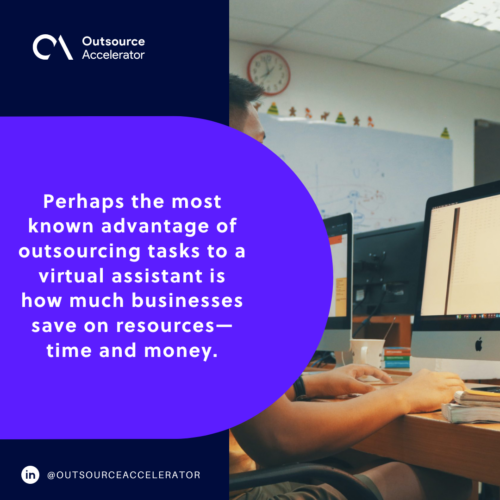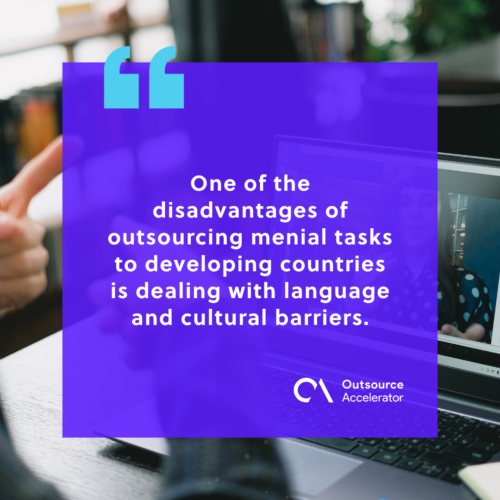Pros and cons of outsourcing to overseas virtual assistants, according to BruntWork

BruntWork CEO Winston Ong believes that outsourcing is one of the fastest-growing business tools.
Analysts agree but argue there are many misconceptions still surrounding the industry brought about by the rapid and unprecedented changes brought on by the pandemic which has accelerated a transition to remote working, leaving managers and employees scrambling to adjust.
When people think of outsourcing, they often limit it as a tool for reducing operating expenses. But, there is more to outsourcing.
Outsourcing is a big umbrella term for “employment solutions” and includes concepts as broad as offshore staffing, remote work, call centres and virtual assistants.
As most entrepreneurs know, when a business grows it requires greater effort to help support this growth. Business owners may need to bolster their team to avoid overloading themselves and help keep their businesses on track.
For these reasons, businesses consider outsourcing tasks to an offshore virtual assistant from other countries like the Philippines or India.
Benefits of outsourcing virtual assistants
While outsourcing to Virtual Assistants in the Philippines isn’t new, it can feel foreign to businesses that haven’t dipped their toes in outsourcing before. Some companies have not realised the many advantages of hiring offshore customer service agents.
Perhaps the most known advantage of outsourcing tasks to a virtual assistant is how much businesses save on resources—time and money.
Researchers find that the most common reason business owners outsource virtual assistants is that they don’t have to go through a lengthy recruitment or interview process.

Additionally, they can save money by hiring a virtual assistant as an “as-needed” contract worker instead of a full-time paid employee.
Outsourcing virtual assistants also increases productivity and customer response time.
“It’s a no-brainer. Hiring a virtual assistant can increase any business’s productivity and ensure customers receive timely responses. If you are too busy to respond quickly to customer inquiries, for example, a virtual assistant can take this task off your hands,” shares Brunt Work CEO Winston Ong.
Disadvantages of outsourcing Offshore
Outsourcing can easily be marketed as the ‘perfect solution,’ but there isn’t a one size fits all approach since every business has its own needs, expectations, work style and budget.
As popular as outsourcing offshore might be, as with any business tool, it comes with common challenges.
One of the disadvantages of outsourcing menial tasks to developing countries is dealing with language and cultural barriers. While this might seem simple, communication is so crucial because client-facing virtual assistants represent the business.
An even bigger challenge for businesses that outsource virtual assistant roles is dealing with privacy and security. Companies that plan to hire someone to handle sensitive information would naturally be concerned about data and security breaches.
Other disadvantages of outsourcing your business include sharing financial details like credit card details, which can be very risky, especially when working with virtual assistants in another country.

How to circumvent challenges
While there are many risks to outsourcing virtual assistants, most successful businesses aren’t those that avoid this approach but are proactive at facing and solving challenges.
“Knowing the weak points of outsourcing virtual assistants offshore and seeing them as opportunities to gain new skills in working effectively with a virtual team can spell the difference between success and failure,” shares Ong.
In the case of language barrier issues, Ong believes this can be evaded by emphasising the level of English proficiency expected from a virtual assistant throughout the hiring process.
Ong further shares their workaround in BruntWork, “We’ve developed and enhanced our recruitment process such that this concern isn’t a problem for us but more of a sorting issue.”
While privacy and security are things to worry about, this isn’t as big of an issue as it used to be decades ago. “There are many login and data protection tools that have been developed over the past few years,” adds Ong.







 Independent
Independent




